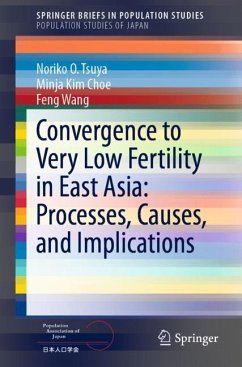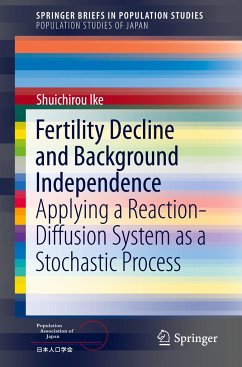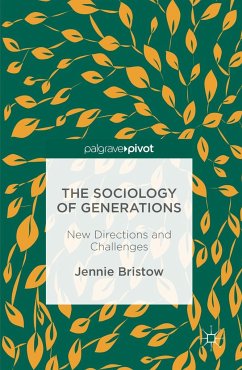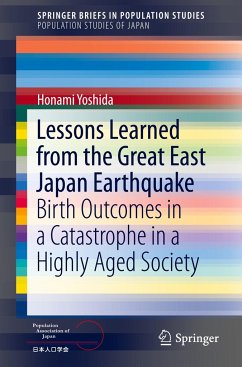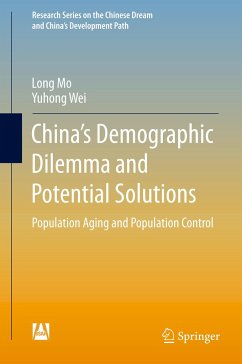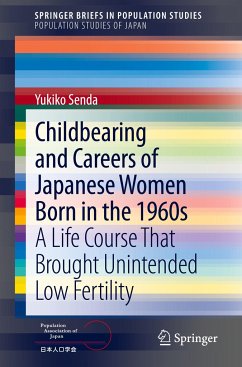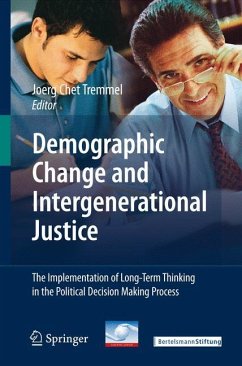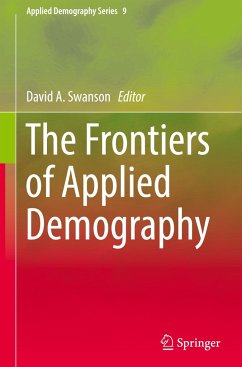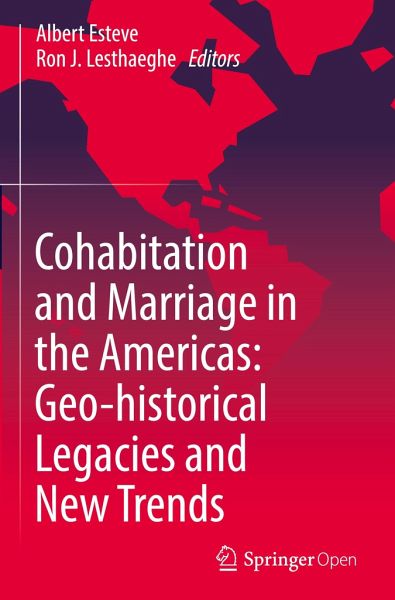
Cohabitation and Marriage in the Americas: Geo-historical Legacies and New Trends
Versandkostenfrei!
Versandfertig in 6-10 Tagen
38,99 €
inkl. MwSt.

PAYBACK Punkte
19 °P sammeln!
This open access book presents an innovative study of the rise of unmarried cohabitation in the Americas, from Canada to Argentina. Using an extensive sample of individual census data for nearly all countries on the continent, it offers a cross-national, comparative view of this recent demographic trend and its impact on the family. The book offers a tour of the historical legacies and regional heterogeneity in unmarried cohabitation, covering: Canada, the United States, Mexico, Central America, Colombia, the Andean region, Brazil, and the Southern Cone. It also explores the diverse meanings o...
This open access book presents an innovative study of the rise of unmarried cohabitation in the Americas, from Canada to Argentina. Using an extensive sample of individual census data for nearly all countries on the continent, it offers a cross-national, comparative view of this recent demographic trend and its impact on the family. The book offers a tour of the historical legacies and regional heterogeneity in unmarried cohabitation, covering: Canada, the United States, Mexico, Central America, Colombia, the Andean region, Brazil, and the Southern Cone. It also explores the diverse meanings of cohabitation from a cross-national perspective and examines the theoretical implications of recent developments on family change in the Americas. The book uses data from the Integrated Public Use Microdata Series, International (IPUMS), a project dedicated to collecting and distributing census data from around the world. This large sample size enables an empirical testing of one of the currently most powerful explanatory frameworks for changes in family formation around the world, the theory of the Second Demographic Transition. With its unique geographical scope, this book will provide researchers with a new understanding into the spectacular rise in premarital cohabitation in the Americas, which has become one of the most salient trends in partnership formation in the region.




